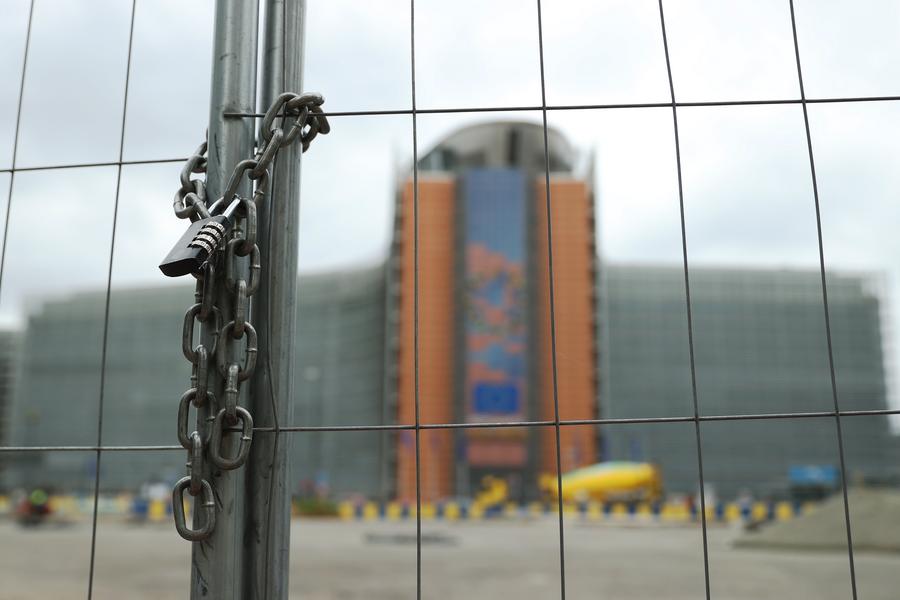
The European Union's vote on Friday to impose punitive tariffs on electric vehicles imported from China has drawn criticism for its protectionism and potential damage to the EU economies, according to officials, business leaders and scholars.
The vote on Friday was quite divided. Germany, the largest economy in the EU, along with Hungary, Malta, Slovakia and Slovenia, voted against the tariffs, while France and nine other countries voted in favor. A total of 12 member states abstained.
READ MORE: EU pushes ahead with Chinese EV tariffs despite members' opposition
Under the EU rules, the divided vote still paves the way for tariffs of up to 35.3 percent on EVs imported from China after the European Commission launched an anti-subsidy investigation a year ago.
Hungarian Prime Minister Viktor Orban blasted the move on Saturday in a message on X, formerly known as Twitter.
"The@EU_Commission is set to impose tariffs on Chinese EVs — a huge blow for the European economy and for the automotive industry in#Germany. Germany and European industry can no longer convince the Commission to be reasonable. But then, who can?" he said.
Orban also warned on Friday that the EU's tendency toward economic protectionism would destroy the bloc's economy."What the European Union is doing, is an economic cold war," he told state radio.
"This is the worst thing that can happen to Europe. … If this continues, the European economy will die."
Hungary has been a major attraction for Chinese EV-related investment, from battery giant CATL to EV maker BYD.
The German Automotive Industry Association, or VDA, also called the vote a "further step away from global cooperation".
VDA President Hildegard Muller urged both sides to avoid an escalation and to "ideally stop the tariffs, to avoid risking a trade war".
Elixabete Arrieta, a program assistant at the European Policy Center, said that back in July, 12 member states supported the provisional tariffs on Chinese EVs, but now it has dropped to 10 when it comes to a five-year extension of the duties. "This reflects a pessimistic outlook for the EU, highlighting weak alignment among member states on how to compete with China," she said.
ALSO READ: EU tariffs on Chinese EVs 'threaten ties, green transition'
At a news briefing on Friday, a European Commission official said that the commission will decide whether the duties will come into force at the beginning of November. The commission expressed that the tariffs could be lifted if China addresses the EU's concerns.
China and the EU are expected to resume their negotiations on the dispute on Monday.
Ding Chun, director of the Center for European Studies at Fudan University in Shanghai, said while the vote gives the European Commission leverage in negotiations, it reflects the division among member states.
But he said the leeway left after the vote means that the EU also hopes to resolve the dispute through negotiations, not a trade war.
"China and the EU are facing tensions on many trade issues, a proper settlement of the EV dispute could pave the way for tackling other thorny issues," Ding told China Daily on Sunday.


